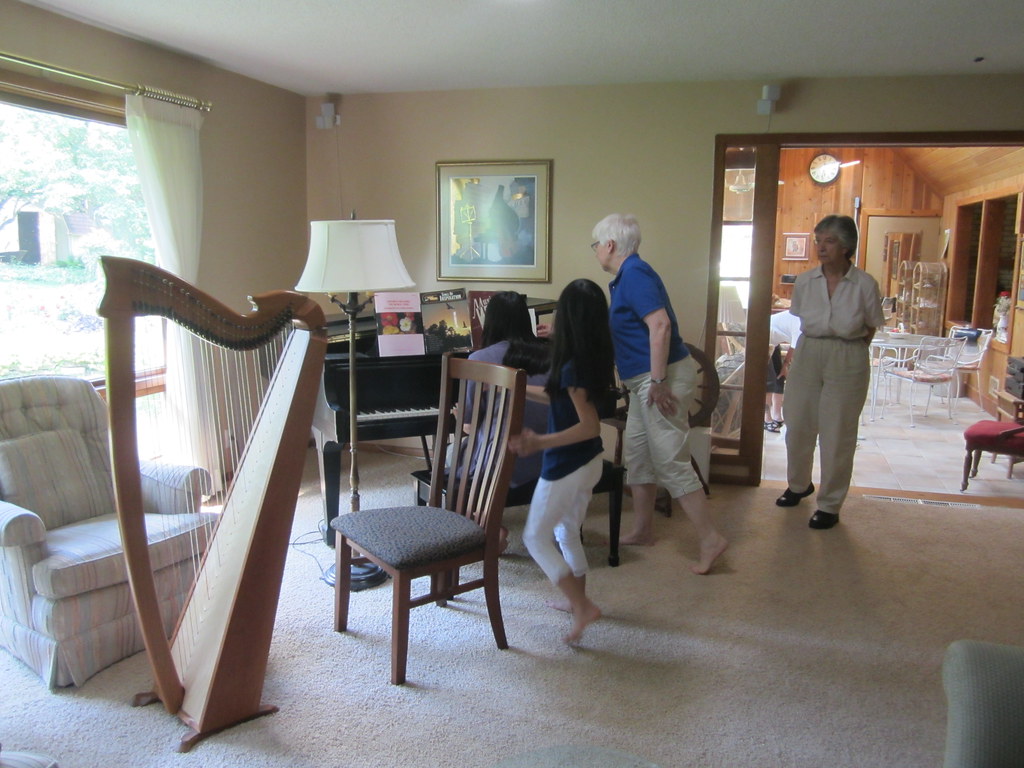
By Mandeep Singh for Plan A Glengarry
Introduction: As people age, they often face various physical, emotional, and cognitive challenges. However, music has been found to have a profound impact on the well-being of older adults. Music therapy, a specialized form of therapy that utilizes music to address physical, emotional, cognitive, and social needs, has gained significant recognition in recent years. This article explores the benefits and applications of music therapy for elderly individuals.
Emotional Well-being: Music has the ability to evoke emotions and memories, which can be particularly beneficial for older adults. Listening to familiar songs or engaging in musical activities can uplift mood, reduce stress and anxiety, and alleviate symptoms of depression. Music therapy provides a means of emotional expression and can promote a sense of joy, nostalgia, and relaxation.
Cognitive Stimulation: Music has a unique relationship with the brain, and engaging in musical activities can stimulate cognitive functions in older adults. Learning to play an instrument, participating in rhythm exercises, or engaging in singing can enhance memory, attention, and problem-solving abilities. Music therapy can also be beneficial for individuals with dementia, as it can evoke memories and emotions, improve communication, and enhance overall cognitive functioning.
Physical Benefits: Music therapy can also have physical benefits for older adults. Engaging in rhythmic movements or dancing to music can improve coordination, balance, and mobility. For individuals with Parkinson’s disease or stroke survivors, music therapy can be particularly beneficial in restoring movement and promoting rehabilitation.
Social Interaction: Music has the power to bring people together, and music therapy provides opportunities for social interaction among elderly individuals. Group music therapy sessions encourage participation, cooperation, and communication, fostering a sense of belonging and reducing feelings of isolation and loneliness. Playing instruments together, singing in a choir, or attending musical performances can create a supportive and inclusive environment.
Pain and Stress Management: Listening to calming music or engaging in relaxation techniques accompanied by music can have a positive impact on pain management and stress reduction. Music therapy techniques such as guided imagery and music can help older adults cope with chronic pain, alleviate discomfort during medical procedures, and promote overall well-being.
Conclusion: Music therapy offers a range of benefits for elderly individuals, encompassing emotional, cognitive, physical, and social aspects of well-being. The therapeutic power of music has the potential to enhance the quality of life for older adults, providing them with an enjoyable and effective means of expression, stimulation, and connection. As awareness of the benefits of music therapy grows, it is becoming an increasingly valued approach in the field of geriatric care, enriching the lives of older adults across various settings, including nursing homes, assisted living facilities, and community centers.











